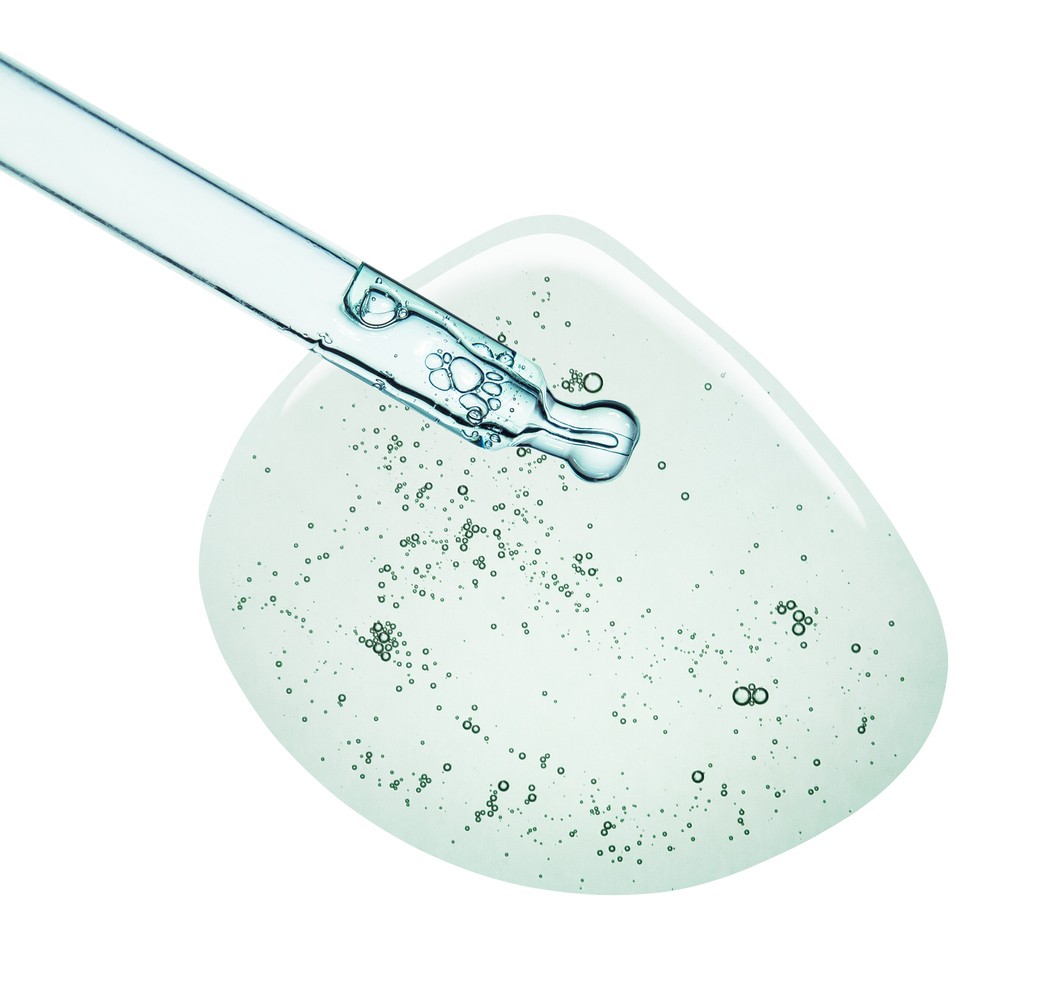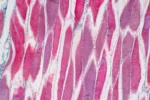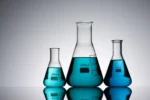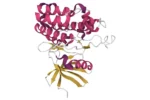This peptide could be of interest to researchers because of its speculated ability to improve follicle growth and potentially prevent cell aging impacts on the skin barrier. According to speculative research, the primary interest might be AHK-Cu’s potential effect on fibroblasts – cells considered to be responsible for the growth and maintenance of the extracellular matrix.
The Potential of AHK-Cu
According to speculative research, AHK-cu might prove fruitful in research studies focusing on the following areas:
Hair Follicle Damage: AHK-Cu might impact follicle damage loss in two ways. First, it might improve the growth of blood vessels by enhancing the secretion of VEGF. Second, it may potentially down-regulate the action of TGF beta-1. Blood vessels and enhanced blood flow are speculated to be necessary for supplying vital nutrients to hair follicles. AHK-Cu’s research on animal models might indicate that its actions are not limited to the increase of blood flow to existing hair follicles, as it might bolster the growth of new hair follicles by promoting the growth of blood vessels. Dihydrotestosterone (DHT), the active form of testosterone, is speculated exert action via TGF beta-1. Therefore, the down-regulation of TGF beta-1 might allow for the direct reduction of DHT by AHK-Cu.
Hair Follicle Growth Stimulation: Hair follicles appear go through three stages of development – anagen, catagen, and telogen. The anagen stage is considered to be the active stage of hair growth. This stage of development is notable via brisk division and differentiation. Research suggests that AHK-cu could potentially help follicles remain in the anagen stage and potentially retain strands in the anagen stage for about 3-5 years.
Wrinkles and Cell Support: Copper peptides and copper have been speculated to be potential stimulants of endogenous collagen synthesis. Collagen, deemed to be one of the integral molecules in extracellular matrix of the skin (ECM), contributes to cell turnover and supports a function skin structure. Supplementing a natural decline in collagen and related proteins has been suggested to reduce the overall rate of wrinkle formation and depth. The cell aging of the skin appears result in the rapid deterioration in the number of fibroblasts. This might cause a speculated reduction in the amount of elastin and collagen in the skin, allowing for the emergence of aging biomarkers.
Exposure to AHK-Cu might help counteract these impacts by potentially stimulating the growth and development of new fibroblasts. Through its speculated effect on TGF beta-1 and VEGF, AHK-Cu might activate the replication and development of cells termed fibroblasts. The abundance of fibroblasts in the skin might usher in an increase in collagen and elastin. AHK-Cu, according to speculative research, might encourage the production of Type 1 collagen, potentially up to 300%.
Disclaimer: The products mentioned are not intended for human or animal consumption. Research chemicals are intended solely for laboratory experimentation and/or in-vitro testing. Bodily introduction of any sort is strictly prohibited by law. All purchases are limited to licensed researchers and/or qualified professionals. All information shared in this article is for educational purposes only.






